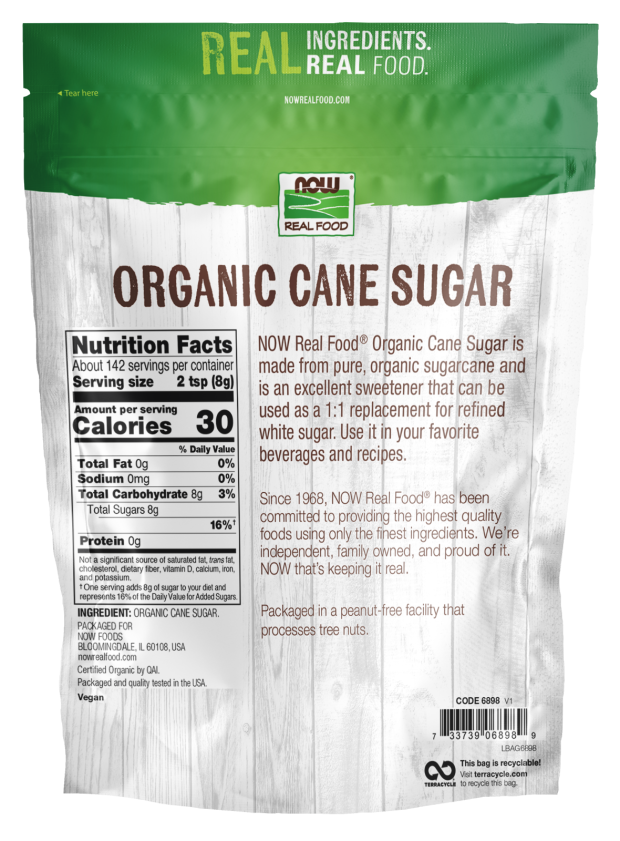The Duty of Cane Sugar Processing Chemicals in Industry
The Duty of Cane Sugar Processing Chemicals in Industry
Blog Article
Navigating Regulatory Conformity and Sustainability With Cutting-Edge Walking Cane Sugar Handling Chemicals in the Chemical Export Sector
:max_bytes(150000):strip_icc()/what-is-cane-sugar-5200549-hero-02-b1985b1d539645fb9a038b9c3e73f681.jpg)
Regulatory Landscape Review
In the world of walking cane sugar handling chemicals within the chemical export sector, recognizing the regulatory landscape is vital for guaranteeing conformity and sustainable operations. Regulatory bodies such as the Epa (EPA) and the Fda (FDA) play a crucial duty in overseeing the production, import, and export of these chemicals. Conformity with laws stated by these bodies is not just a legal demand but additionally vital for preserving public health and wellness and ecological security standards.
Regulative structures controling walking cane sugar handling chemicals incorporate a variety of elements, including labeling requirements, permitted degrees of specific materials, and standards for secure handling and disposal. For chemical merchants, this means sticking to rigorous documentation procedures, quality assurance steps, and periodic audits to show adherence to these laws.

Sustainable Walking Stick Sugar Chemical Innovations

One noticeable area of innovation is the development of green chemicals that decrease water and energy usage during the sugar processing phases. By carrying out these lasting solutions, business can decrease their carbon footprint while preserving high degrees of performance. Furthermore, improvements in biodegradable chemicals are gaining traction, using an extra eco pleasant option to typical handling representatives.
Moreover, the combination of renewable energy sources in the production procedure is ending up being extra common, more boosting the sustainability profile of walking cane sugar handling. By embracing these lasting cane sugar chemical advancements, firms can not just fulfill governing demands yet likewise demonstrate a commitment to ecological responsibility in the chemical export sector.
Compliance Obstacles in Exporting Chemicals
Browsing governing frameworks positions considerable difficulties for chemical merchants, needing meticulous interest to conformity requirements and international legislations. One of the main conformity obstacles dealt with by chemical exporters is ensuring that the items meet the specific regulative needs of the importing nation.
In addition, chemical merchants should stay a fantastic read abreast of continuously evolving policies and requirements associated with chemical handling, manufacturing, and transportation. Failure to follow these guidelines can result in severe consequences, including fines, legal action, and reputational damage. Additionally, navigating trade limitations, permissions, and export control legislations adds one more layer of complexity to the conformity landscape for chemical merchants.
To minimize these difficulties, chemical exporters should purchase robust conformity programs, perform routine audits, and engage with regulative authorities to make sure a complete understanding of the relevant regulations and guidelines. By focusing on conformity and remaining positive in resolving regulative obstacles, chemical exporters can navigate the intricacies of global profession efficiently.
Ecological Effect of Walking Stick Sugar Handling
The ecological implications of walking cane sugar processing are a crucial element calling for thorough exam in the chemical export sector. One of the primary problems is the generation of large volumes of wastewater having organic matter, put on hold solids, and chemicals made use of in the processing plants.
Moreover, the comprehensive use chemicals and plant foods in sugarcane farming can cause dirt deterioration, water contamination, and damage to non-target organisms. It is critical for chemical merchants entailed in the cane sugar handling industry to carry out sustainable techniques, spend in advanced wastewater therapy modern technologies, promote responsible agricultural approaches, and stick to stringent environmental guidelines to lessen the negative ecological effect of their operations.
Future Trends in Sustainability Practices
What ingenious strategies are chemical exporters in the walking cane Read More Here sugar processing industry adopting to enhance sustainability practices for the future? One popular trend is the shift in the direction of developing and utilizing green chemicals in the handling of cane sugar - Cane Sugar Processing Chemicals.
One more key trend is the implementation of innovative technologies such as automation and data analytics to maximize source usage and decrease waste generation. By harnessing the power of information and automation, chemical exporters can improve their procedures, enhance energy performance, and boost overall sustainability performance.
Additionally, collaborations and partnerships with sustainability-focused companies and stakeholders are coming to be significantly typical. By functioning together, chemical merchants can trade understanding, share ideal techniques, and jointly drive innovation towards even more lasting cane sugar handling techniques. Welcoming these trends will certainly not just profit the setting yet also ensure long-lasting success and competition in the sector.
Conclusion
In conclusion, the chemical export market need to navigate intricate regulatory landscapes and sustainability obstacles when refining walking cane sugar. Advancements in walking stick sugar handling chemicals are important to fulfilling compliance criteria and minimizing ecological effect. As the sector continues to evolve, it is necessary for companies to adopt sustainable methods and stay ahead of future trends to make certain long-term success.
In the realm of walking stick sugar handling chemicals within the chemical export market, understanding the regulative landscape is vital for making sure compliance and lasting procedures.Discovering innovative strategies in the development of sustainable cane Our site sugar chemical services is crucial for advancing ecological stewardship in the chemical export industry. Business are increasingly spending in research study and advancement to develop advanced walking cane sugar processing chemicals that not just make certain high performance in sugar manufacturing yet likewise adhere to strict sustainability standards.
Furthermore, chemical exporters need to remain abreast of frequently developing criteria and laws associated to chemical manufacturing, handling, and transportation - Cane Sugar Processing Chemicals.The environmental ramifications of walking stick sugar processing are a crucial facet requiring thorough assessment in the chemical export industry
Report this page